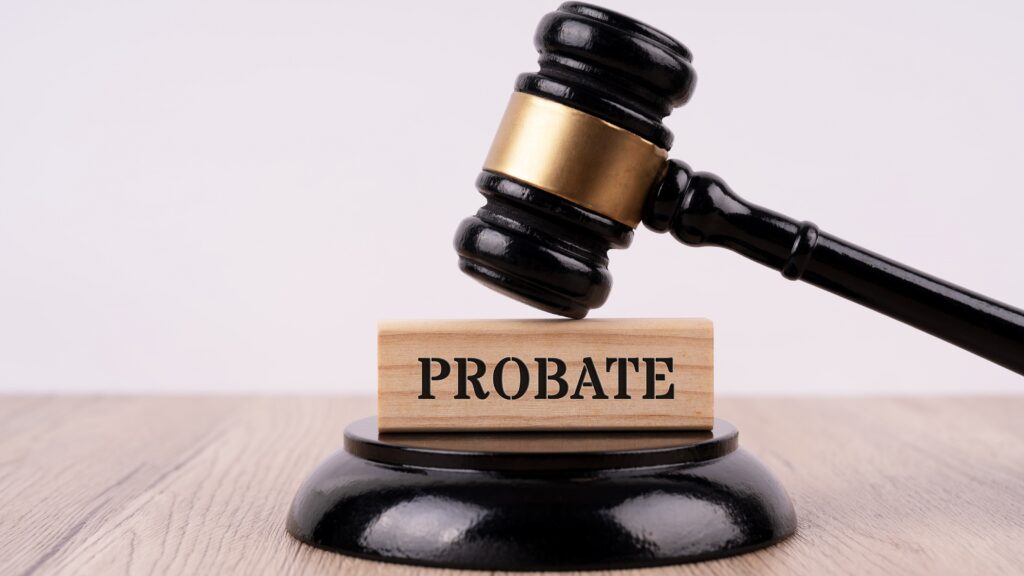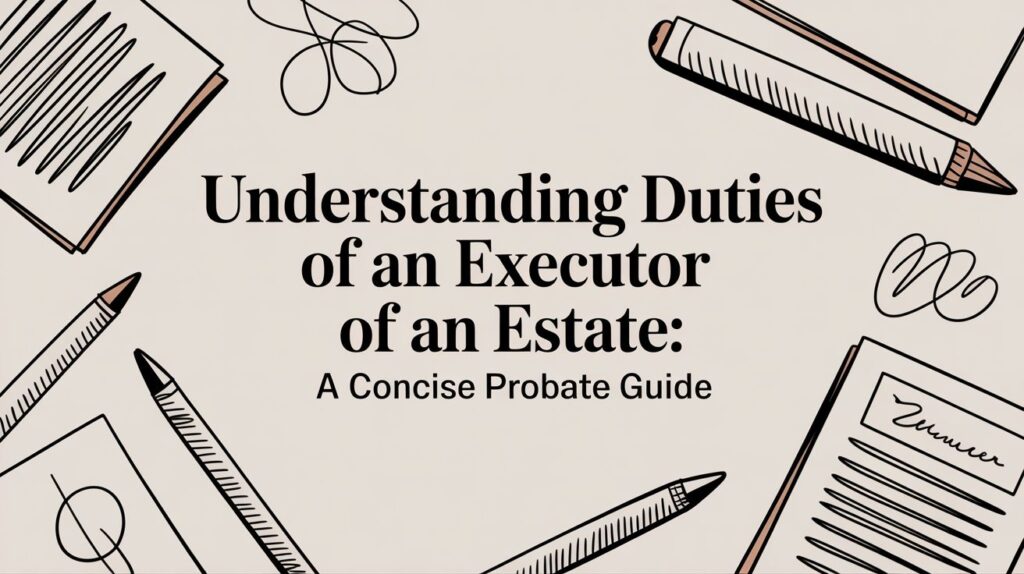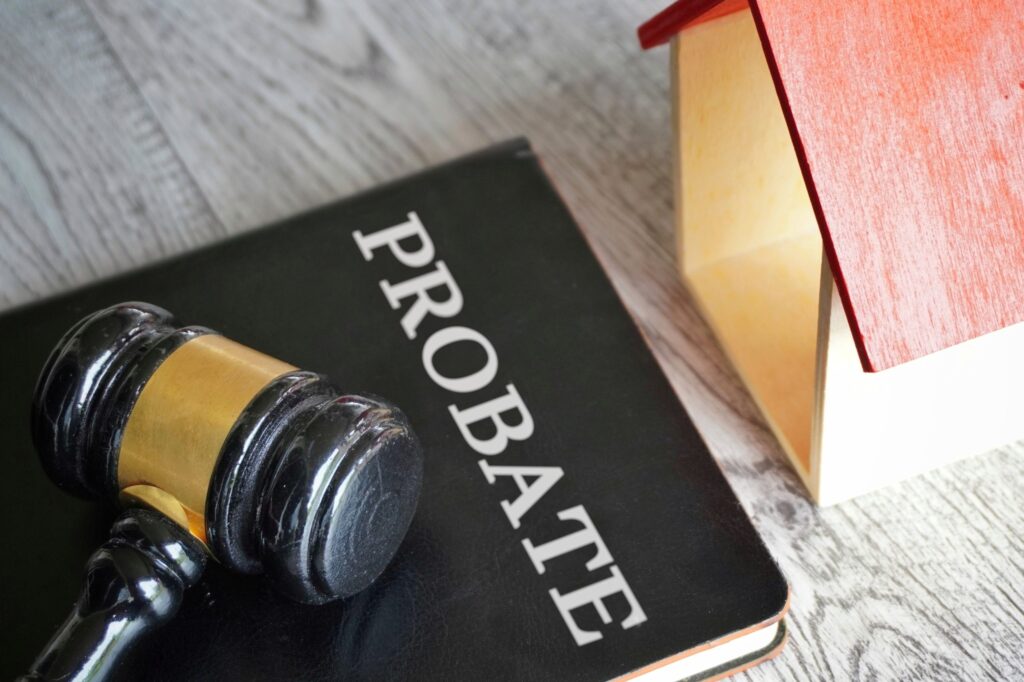If you’ve been searching for guidance on how to probate a will in Denton County Texas, you’re probably facing one of the most emotionally and legally complex moments of your life. Whether you’re the named executor in a loved one’s will or a close relative trying to figure things out after an unexpected loss, understanding the probate process in Denton County can help you navigate it with more clarity and less stress.
This guide walks you through exactly what to expect, what paperwork you’ll need, and how to avoid common pitfalls. We’ll use a conversational, storytelling tone to help explain the legal process in plain English while diving deep into the step-by-step procedures unique to Denton County. Our goal? To give you the insight and confidence to get through this.
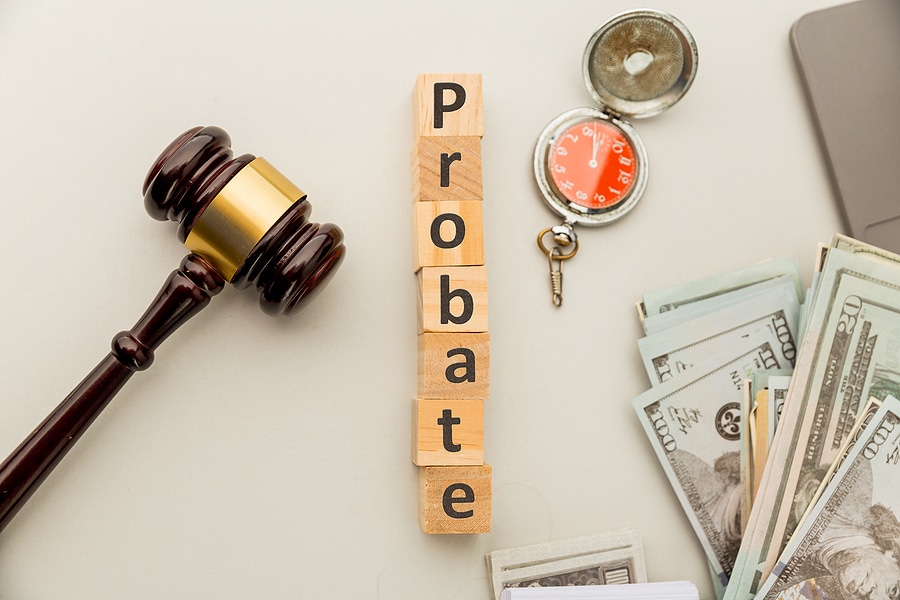
What Is Probate, and Why Does It Matter in Denton County?
Probate is the court-supervised process of recognizing a person’s will after death and making sure their assets are properly distributed. In Denton County, Texas, probate takes place in one of the probate courts housed at the Denton County Courts Building, and it follows specific procedures laid out by the Texas Estates Code.
So why does it matter so much?
Let’s say your grandmother left behind a will naming you as the executor. Before you can legally access her bank accounts or sell her home, you must first probate the will in Denton County, Texas. Otherwise, the institutions holding her assets won’t release anything, and title companies won’t approve any real estate transactions.
Probate is your legal permission slip your roadmap—to manage someone’s estate responsibly.
Real-Life Story: Why Probate Is Worth Doing Right
Take Brian, for instance. After his father passed away, Brian thought he could just hand over the will to the bank and move money into the family trust. Instead, the bank froze the account and referred him to probate court. Brian then scrambled to figure out how to probate a will in Denton County, Texas, only to learn he had missed some filing deadlines, which delayed the process for months.
If he had known what documents were required upfront, the transition could have been smooth. That’s exactly why we’re going to break this down.
Where to Begin: Filing the Will in Denton County Probate Court
Step 1: Confirm the Will Is Valid
To begin the process of how to probate a will in Denton County Texas, the first step is making sure the will is legally valid. A valid Texas will must:
- Be in writing
- Be signed by the testator (person who made the will)
- Be witnessed by two credible adults
If the will is self-proved—meaning it includes a notarized affidavit—it can be admitted to probate without the witnesses appearing in court.
Pro tip: Always look for the self-proving affidavit at the end of the will. This one detail can save you a lot of time.

Step 2: File an Application for Probate
You or your attorney must file an Application for Probate of Will and Issuance of Letters Testamentary in the Denton County Probate Court. This is typically filed through the Denton County Clerk’s Office.
You’ll need:
- The original will
- A certified copy of the death certificate
- Completed probate application forms
- Filing fee (usually around $300)
After you file, there is a mandatory two-week waiting period so the court can post public notice of the filing. This gives creditors or contesting parties time to respond.
What Documents You’ll Need to Probate a Will in Denton County Texas
This is where things get technical—but don’t worry. Here’s a checklist of the key documents required to get through probate smoothly in Denton County:
1. The Original Will
Texas probate courts, including those in Denton County, require the original signed will. Copies may be challenged or deemed invalid unless certain exceptions apply.
2. Death Certificate
A certified copy of the decedent’s death certificate from the Texas Department of State Health Services is a must-have.
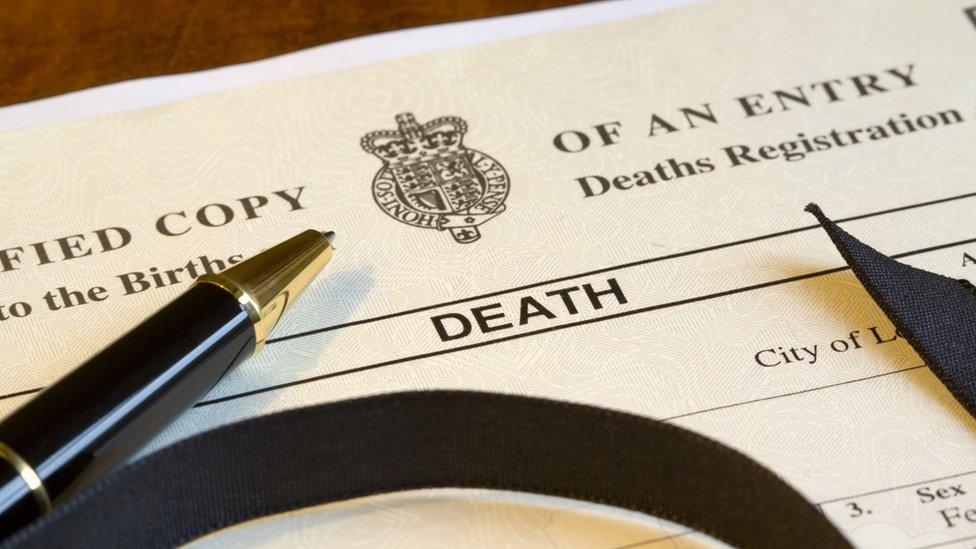
3. Application for Probate
This formal document initiates the legal probate process. It includes the name of the executor, details of the deceased’s assets, and whether the will is being probated as independent or dependent administration.
4. Order Admitting Will to Probate
This is the judge’s official order, signed in court, that allows the will to be admitted. It comes after the court hearing and is prepared by the attorney or executor.
5. Oath of Executor
Once the court grants you authority, you must file a notarized Oath of Executor, promising to administer the estate in good faith.
6. Letters Testamentary
These legal documents are your official proof that you have the court’s blessing to act on behalf of the estate. Banks, title companies, and government agencies all require these before they’ll release assets.
Understanding the Types of Probate in Denton County Texas
When you’re learning how to probate a will in Denton County Texas, it helps to understand that not all probate is the same. Texas recognizes multiple types of probate, and choosing the right one can save you time and money.
Independent Administration (Most Common)
In this version, the executor handles most estate matters without constant court supervision. It’s quicker, cheaper, and preferred if the will allows it.
Why Denton County favors this: It saves court resources and streamlines cases.
Dependent Administration
This is court-supervised and requires approval for almost every action—like selling a home or paying a bill. It’s common when heirs can’t agree or the will doesn’t name an independent executor.
Muniment of Title
If there’s no debt (other than a mortgage) and the only thing left to transfer is real estate, you might use a Muniment of Title. It allows the court to transfer property without a full-blownprobate process.
Example: Rachel’s aunt left her a home in Little Elm but no other assets. Instead of full probate, she filed a Muniment of Title, which saved thousands.
What Happens at the Probate Hearing in Denton County?
After the two-week notice period, a probate hearing is scheduled. It’s usually brief and informal. This is the moment the court officially begins to recognize the will and your role as executor.
Here’s what to expect:
The judge will ask if the will is valid. You’ll need to confirm details about the decedent and the document’s execution.
The executor (you) will affirm the will wasn’t revoked. This includes swearing under oath that you are acting in good faith and to the best of your knowledge.
The judge signs the order admitting the will. This document becomes part of the official court record, marking the will as legally accepted.
The court issuesLetters Testamentary. These letters act as proof that you have the authority to handle the estate’s affairs.
You may need to bring a witness if the will isn’t self-proved. The witness will verify they were present at the signing and the decedent was of sound mind.
Location Tip: Probate hearings in Denton County typically take place at the Denton County Courts Building on McKinney Street. Parking is available nearby, and court staff can help direct you to the correct courtroom if needed.
Common Mistakes When Probating a Will in Denton County (and How to Avoid Them)
Mistake #1: Waiting Too Long to File
Under Texas law, you usually must file for probate within four years of the person’s death. If you miss this deadline, things get tricky. You might have to probate the will as a Muniment of Title, and you may not be able to serve as executor.
Mistake #2: Not Notifying Creditors
Texas law requires that you notify creditors of the estate. Failing to do this properly could lead to lawsuits or personal liability.
Mistake #3: Overlooking Small Assets
Don’t forget about safe deposit boxes, unclaimed funds, or digital accounts. Denton County probate includes all property—tangible and intangible.

Mistake #4: Trying to Do It All Yourself
While DIY probate sounds appealing, it’s easy to get lost in deadlines and legal jargon. A local probate attorney familiar with how to probate a will in Denton County Texas can help streamline everything.
How Long Does Probate Take in Denton County?
Probate timelines vary, but here’s a rough estimate:
Filing to hearing: 2–4 weeks. During this time, the court posts notice and checks for any objections or contests to the will.
Hearing to Letters Testamentary: 1–2 weeks. Once the judge approves the will, they’ll sign the necessary orders to give you legal authority to act on behalf of the estate.
Full estate administration: 6–12 months. This includes notifying creditors, paying debts, and distributing remaining assets to beneficiaries, all of which must be done in compliance with Texas law.
If the estate is simple and uncontested, you might wrap things up in 3–6 months. Estates with clear asset lists and cooperative heirs tend to move faster through the Denton County system.
But throw in disputed heirs, unpaid debts, or unclear asset titles—and you’re looking at 12+ months. These types of complications often trigger court hearings, legal motions, and additional document requests that slow down the process significantly.
Final Thoughts: Probate Doesn’t Have to Be Overwhelming
Probating a will is never just about paperwork. It’s about honoring someone’s final wishes and making sure their legacy is preserved legally and respectfully. If you’re wondering how to probate a will in Denton County Texas, know that it’s completely doable with the right documents, the right process, and sometimes—yes—the right help.
Whether you’re dealing with a straightforward estate or navigating complex family dynamics, understanding the Denton County probate process puts you in the best position to move forward confidently.



